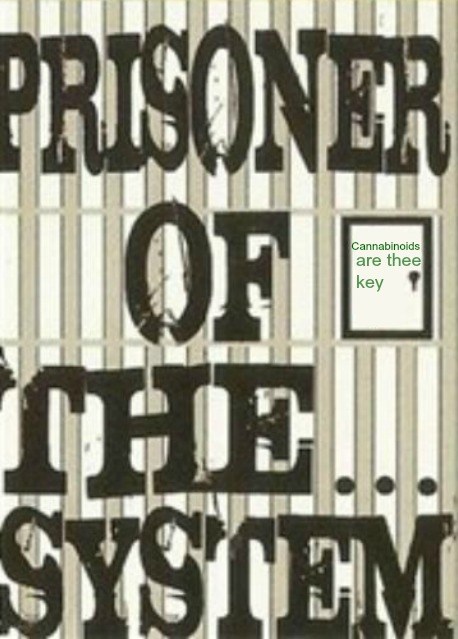Association Between a Polymorphism in Cannabinoid Receptor 2 and Severe Necroinflammation in Patients With Chronic Hepatitis C.
Source
Department of Public Medicine, Second University of Naples, ITALY. Electronic address: nicola.coppola@unina2.it.
Abstract
BACKGROUND:
& Aims: The cannabinoid receptor 2 (CB2) has been implicated in liver disease. The single nucleotide polymorphism rs35761398 in CNR2, which encodes the CB2, substitutes glutamine (Q) 63 with arginine (R) and reduces the function of the gene product. We investigated the effects of CNR2 rs35761398 in patients with hepatitis C virus (HCV) infection.
METHODS:
We studied 169 consecutive patients with asymptomatic chronic hepatitis (tested positive for anti-HCV and HCV-RNA) at 2 liver units in southern Italy; first liver biopsy samples were collected from July 2009 through December 2011. All patients were naive to antiviral therapy; CNR2 genotype was determined by PCR analysis.
RESULTS:
Patients with CB2-63 QQ variant had higher serum levels of aminotransferase than those with CB2-63 QR or RR variants; they also had higher histologic activity index (HAI) scores (8.6±3.8) than patients without the CB2-63 RR variant (5.3±3.6; P0.005) or those with the CB2-63 QR variant (5.8±3.3, P<.001). Patients with the different variants of CNR2 did not differ in fibrosis stage or steatosis score. Moderate or severe chronic hepatitis (HAI>8) was identified more frequently (55.5%) in patients with the CB2-63 QQ variant than in those with the 63 QR (20%; P<.005) or RR variant (17.4%; P<.005). In logistic regression analysis, the CB2-63 QQ variant and fibrosis score were independent predictors of moderate or severe chronic hepatitis (HAI >8; P<.0001).
CONCLUSIONS:
The CB2-63 QQ variant of CNR2 is associated with more severe inflammation and hepatocellular necrosis in patients with HCV infection.
Copyright © 2013 AGA Institute. Published by Elsevier Inc. All rights reserved.


